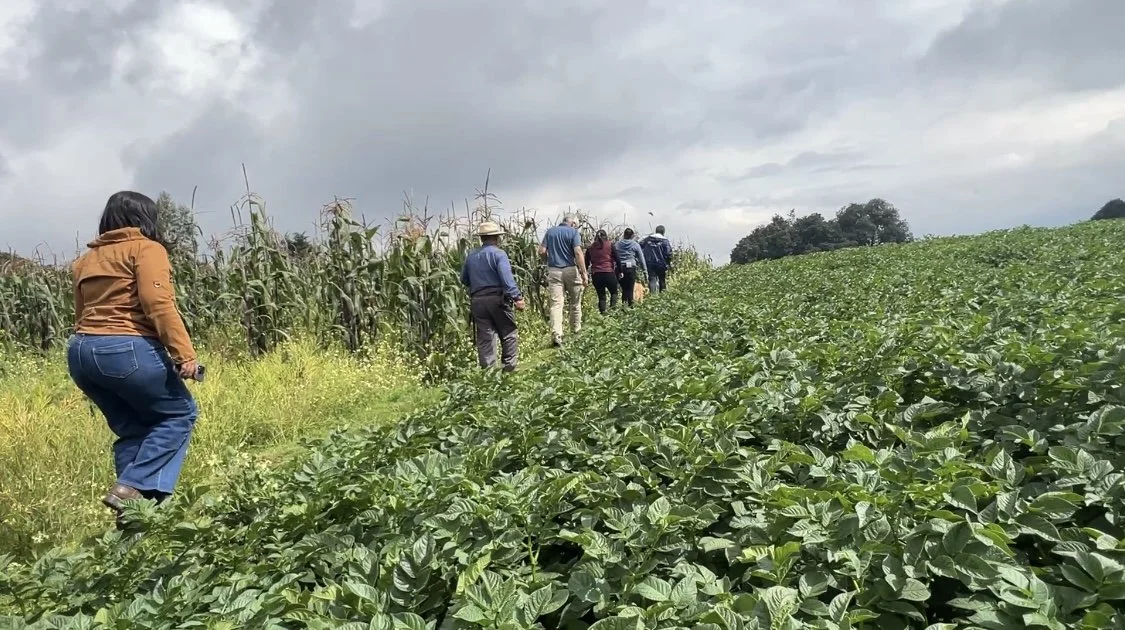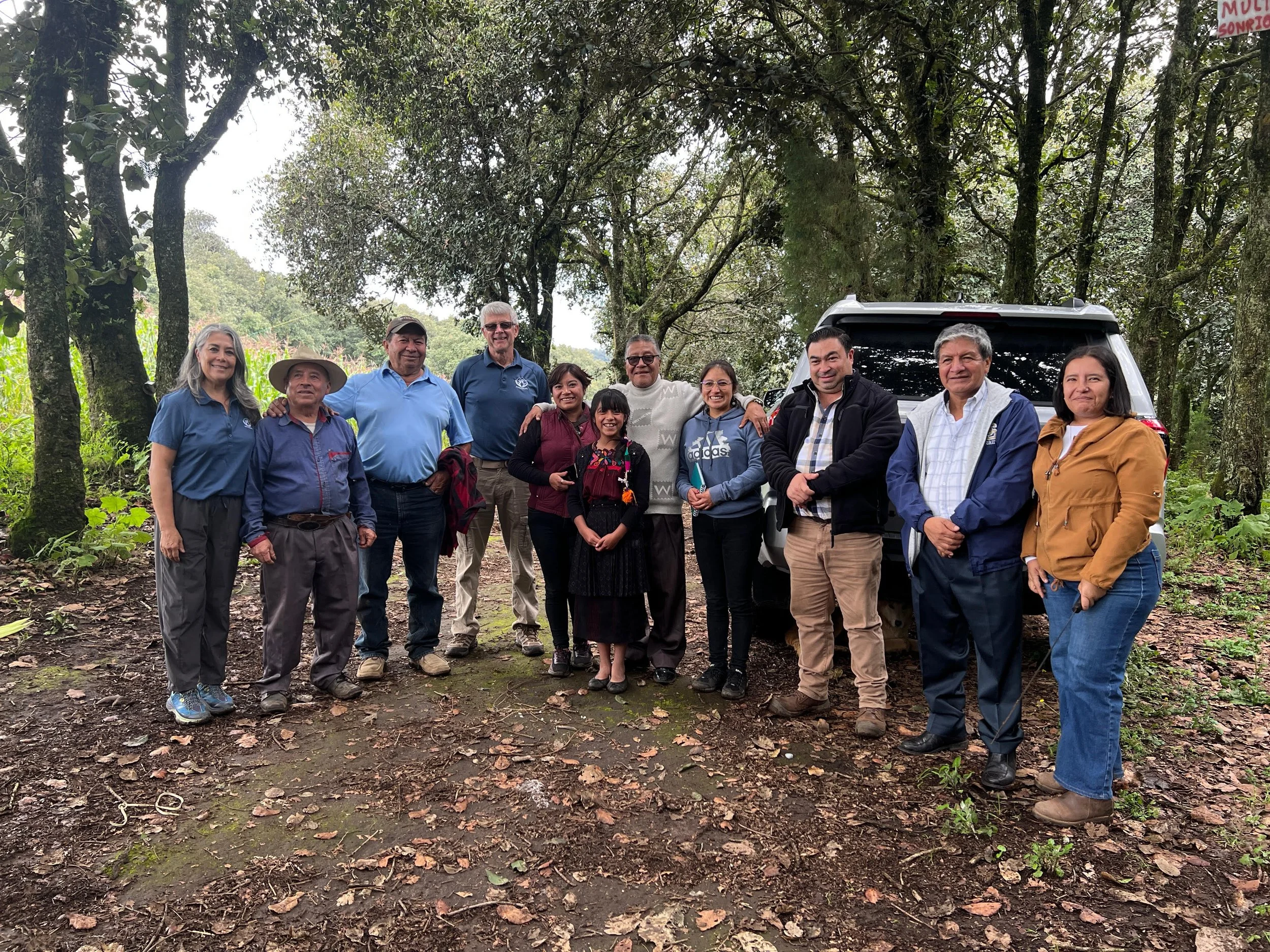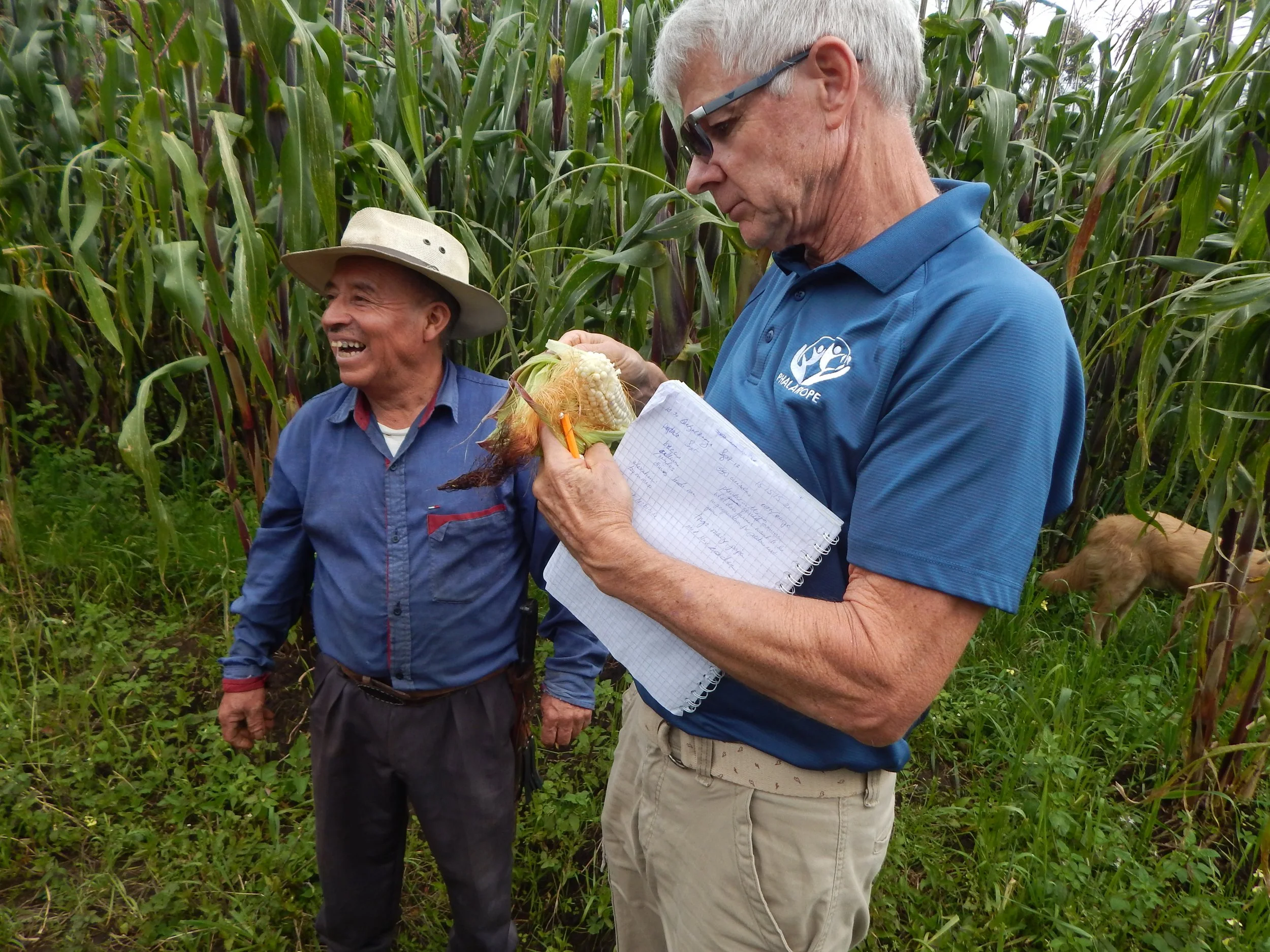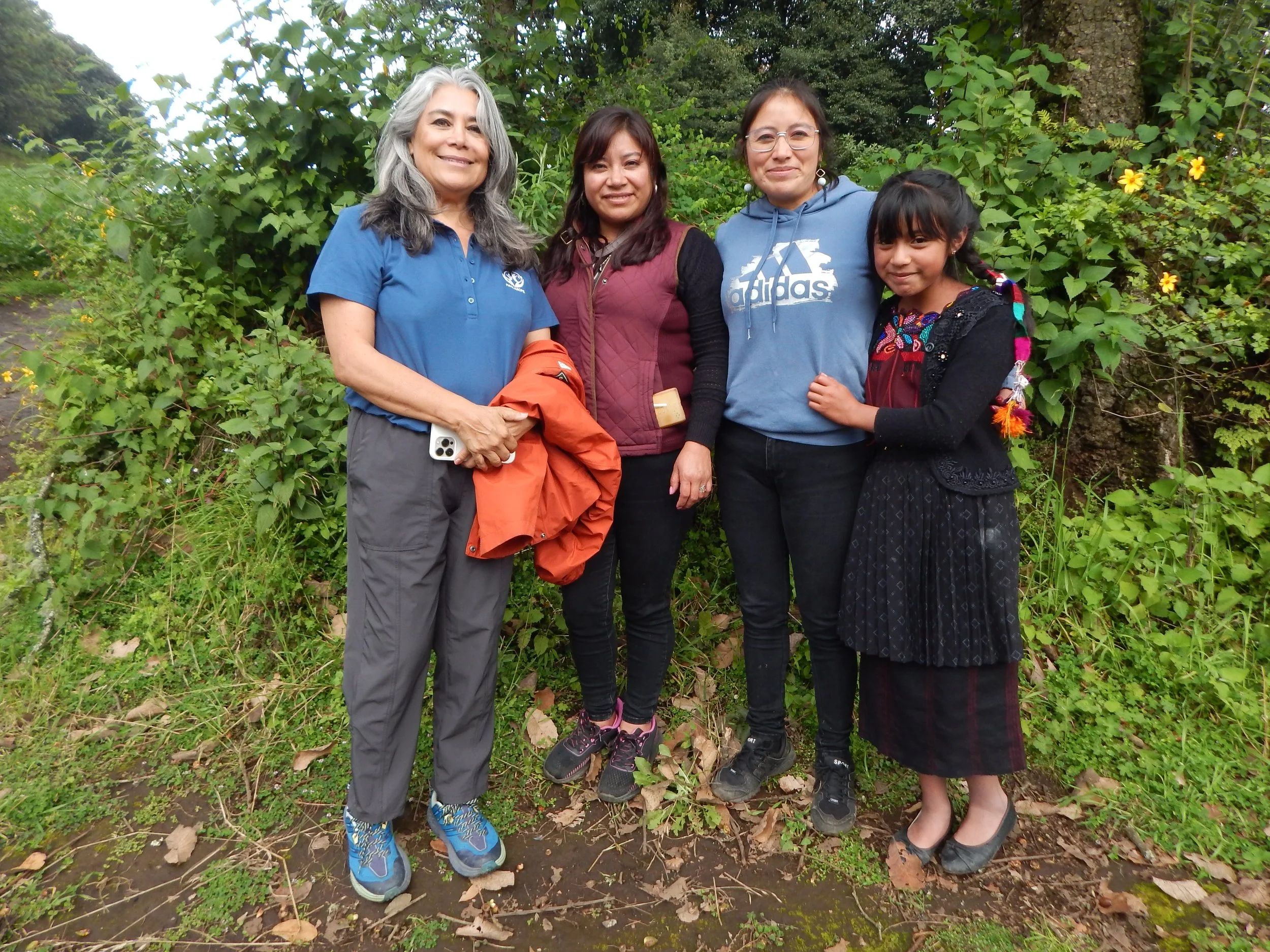FECOAR, R. L. and Phalarope forge strategic partnership to launch Academy for Sustainable Agriculture and Community Empowerment
Quetzaltenango, Guatemala – The Federation of Regional Agricultural Cooperatives and Miscellaneous Services, Limited Liability, (FECOAR, R.L.), of Guatemala and Phalarope, a U.S.-based non-profit organization dedicated to maternal health, youth empowerment, and sustainable development, signed a formal Cooperation Agreement to establish a new Academy for Sustainable Agriculture and Community Resilience.
Olintepeque, Quetzaltenango
The Academy is structured around five interconnected training pathways, each of which addresses a critical pillar of cooperative development and community well-being:
Financial Education: Cooperative economics focused on empowering families and cooperatives with financial skills. Members learn family budgets, planned savings, responsible credit, and the use of digital financial services, all framed within the cooperative model. The goal is not only individual stability, but also collective growth, allowing cooperatives to pool resources, invest in community projects, and strengthen their role in Guatemala's cooperative economy.
Basic skills training: Work in ethics, communication, teamwork, digital tools, and micro-entrepreneurship for employability and cooperative participation.
Regenerative Agriculture: Focused on regenerative agriculture, including cover crops, composting, biofertilizers, water harvesting, and biodiversity restoration. Living laboratories will be established on donated cooperative land, with rigorous monitoring systems.
Technical work skills: Hands-on training aligned with local demand, such as carpentry, pump repair, and other trades relevant to cooperative members.
Tierra Viva: Land Conservation Curriculum for Children A pioneering program for sons and daughters of cooperative families (ages 7-14). Tierra Viva combines cultural storytelling, soil and water labs, and digital exploration to connect children to conservation. Families will learn together, ensuring the transfer of Mayan ancestral knowledge to new generations. The interactive museum-style spaces at FECOAR, R.L.'s centers, will inspire the administration, while the digital storytelling (maps, photos, videos) created by children will document their role as environmental leaders.
FECOAR, R.L., and Phalarope Alliance (from left to right)
Dr. Miriam Rittmeyer-Phalarope, Nazario Osorio donor of land for one of the hubs, Augusto Leonel Tobías Samayoa (manager of the Cooperativa 12 de Octubre, R.L.), John Wiseman (Phalarope's Chiarman), Lidia Rosalba Osorio Macario (daughter of Don Nazario), Nancy Elisa Alvarado Osorio (granddaughter of Don Nazario), Julián Velásquez Álvarez (president of FECOAR, R.L.), Norma Eliza Osorio Macario, Eddy Tobías Mateos, Rudy Ervin Gómez de León (Manager FECOAR, R.L.), Lilian Elena de León Girón (Coordinator of the FECOAR Project. R.L.)
Shared vision for the future
"By combining agricultural innovation with financial literacy, youth training and women's empowerment, we are strengthening the roots of our communities for generations to come," said Rudy Gómez de León, Manager FECOAR R. L. These strategies are essential because they integrate Mayan ancestral knowledge, modern science, and cooperative governance. By incorporating this Academy and its agricultural component into FECOAR. R.L., we will not only improve productivity and soil health, but we will also strengthen community resilience and ensure that the next generation inherits sustainable land and the skills needed to care for it."
"For many years, the Federation focused its work on agricultural production, but over time we stopped focusing on that area," said Julián Velásquez Álvarez, President of the Board of Directors of FECOAR, R.L. "This alliance with Phalarope allows us to resume one of the founding pillars of FECOAR: sustainable agriculture. With the creation of the Academy, we will reinforce our roots as an agricultural federation, integrating innovation with the regenerative practices that have always distinguished our producers."
Liliana de León, Project Coordinator of FECOAR. R.L., said: "For me it has been an honor to accompany this process and facilitate the spaces for dialogue that made this alliance with Phalarope possible. From the coordination of projects we see closely the needs of our associates, and we know that the Academy with its five pillars will provide concrete answers: it will strengthen the economy of families, open opportunities for young people, and above all will allow us to put regenerative agriculture back at the center of FECOAR's work. This partnership represents a powerful tool to transform our communities from within."
Nazario Osorio, land donor in Quetzaltenango and John Wiseman- President of the Phalarope Board of Directors
John Wiseman, Phalarope President and Director of Agriculture, said: "Together with FECOAR, R.L. we will establish living agricultural laboratories on land generously donated by don Nazario Osorio in Quetzaltenango and Angelina Oralia Chonay in Chimaltenango, members of the cooperative, for the centers. These spaces will demonstrate and expand regenerative practices such as soil and seed conservation, water harvesting, composting, and biodiversity restoration, practices that not only restore the land, but also secure the future of peasant families.
Dr. Miriam U. Rittmeyer, CEO and Co-Founder of Phalarope, added, "We are honored to partner with FECOAR to build a model that integrates cooperative financial literacy, sustainable agriculture, and holistic education. Starting with soil restoration and children's engagement through Tierra Viva, we are sowing the seeds of resilience and empowerment. In parallel, we are implementing digital monitoring systems using ArcGIS dashboards to measure progress in a clear and transparent way. By combining innovation with evidence, we will ensure that all cooperative farmers can see the real impact of their work, strengthening the strength and sustainability of the cooperative movement."
From left to right: Dr. Miriam U Rittmeyer- CEO Phalarope, Lidia Rosalba Osorio Macario, Norma Eliza Osorio Macario and Nancy Elisa Alvarado Osorio
A model for cooperative growth and sustainability
The Academy will operate in the Cooperatives affiliated to FECOAR, R.L. in Quetzaltenango, Chimaltenango, Jutiapa and Sololá, starting with the agricultural component in Quetzaltenango and Chimaltenango. FECOAR, R.L., has created spaces dedicated to these living agricultural laboratories, providing opportunities not only to its current members, but also to future members and other entities interested in learning at the FECOAR Academy. R.L.
Through this inclusive approach, the Academy will expand nationally, incorporating training, digital monitoring platforms, and participatory research to create measurable impact not only on agriculture, but also on community health, financial inclusion, and climate resilience.





